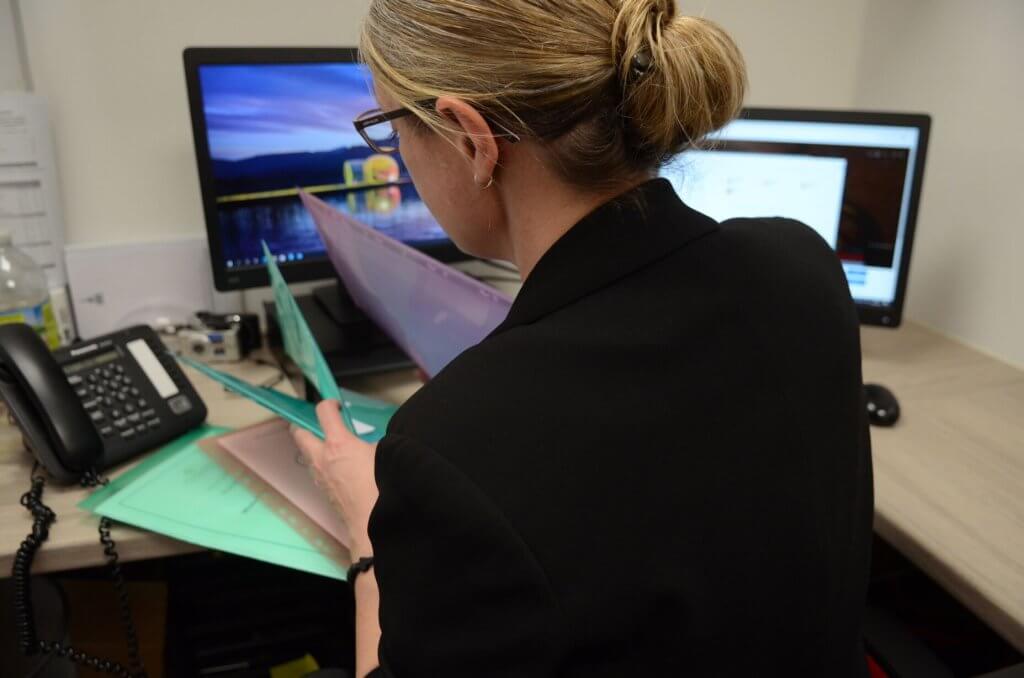The Role of Creative Arts Therapies in a Changing Educational Landscape
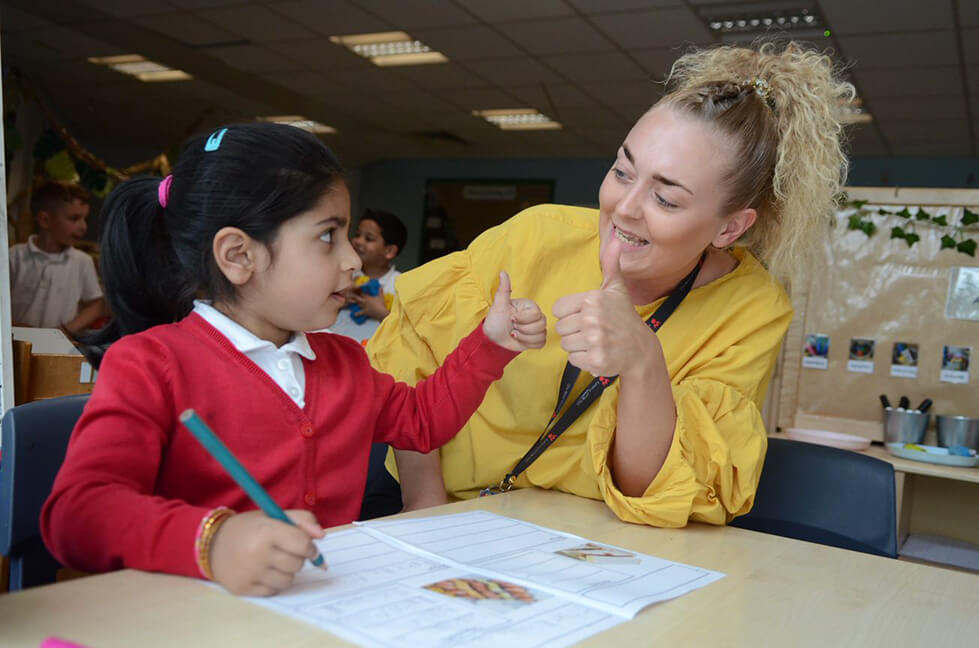
The loss of long-standing members of staff, due to budget cuts and restructuring, can have a huge impact on vulnerable students. Find out how Creative Arts Therapies can help students to navigate this sense of loss.
Championing Women’s Mental Health Through Creative Arts Therapy

This Women’s History Month, we explore how we can support women’s mental health and wellbeing in the workplace with Creative Arts Therapy.
Supporting Staff Wellbeing: Addressing the Impact of Rising Challenges in Education
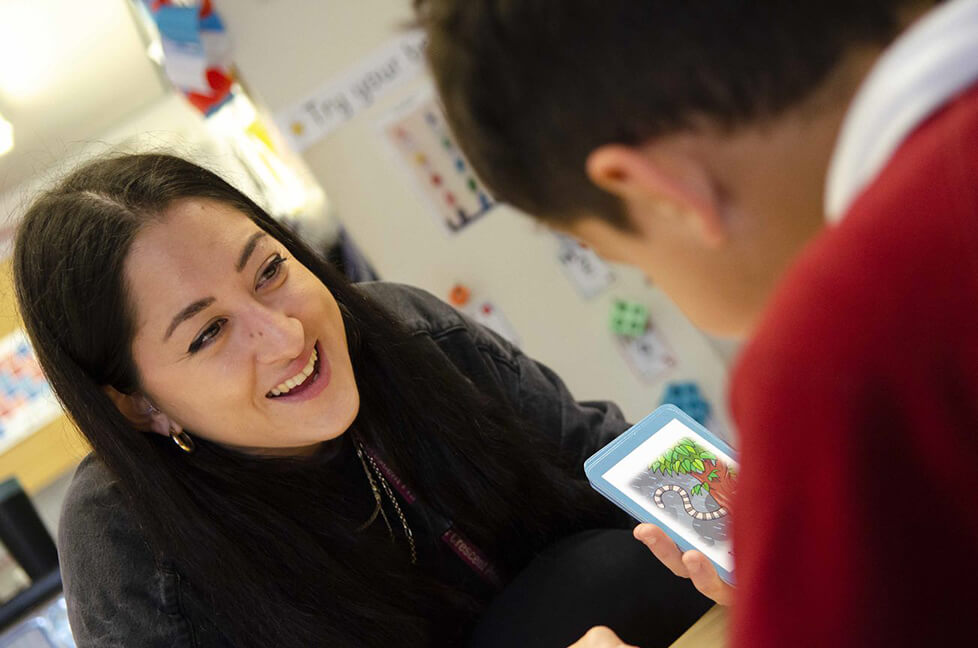
Discover how Creative Arts Therapy can support staff wellbeing in school, reducing the risk of workplace stress and absenteeism.
The Wonders of Art Therapy in Schools
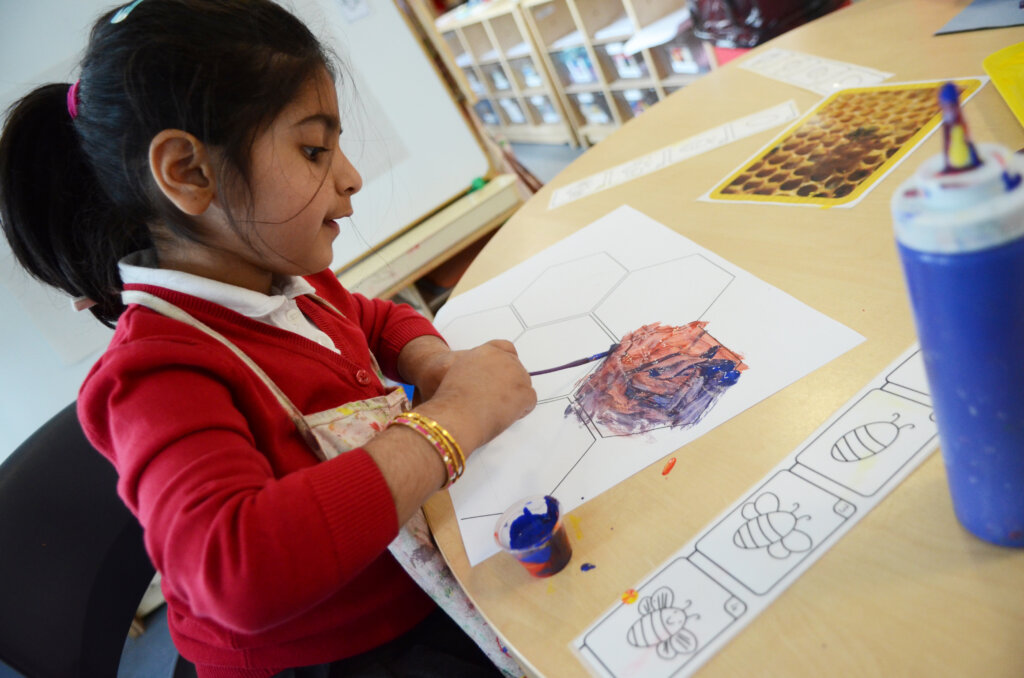
Find out how Art Therapy can help individuals gain valuable insights into their emotions, promoting healing, resilience and wellbeing.
Meeting the Needs of Children & Young People Beyond EHCPs

While demand continues to rise for Education, Health and Care Plans (EHCPs), Creative Arts Therapy offers timely, accessible solution that can support children’s wellbeing and inclusion.
Exploring the Impact of Play Therapy in Schools

This blog explains how play therapists can create a safe environment where children can engage in play, using toys and creative materials to express their emotions and develop essential coping skills.
The Benefits of Music Therapy in Schools
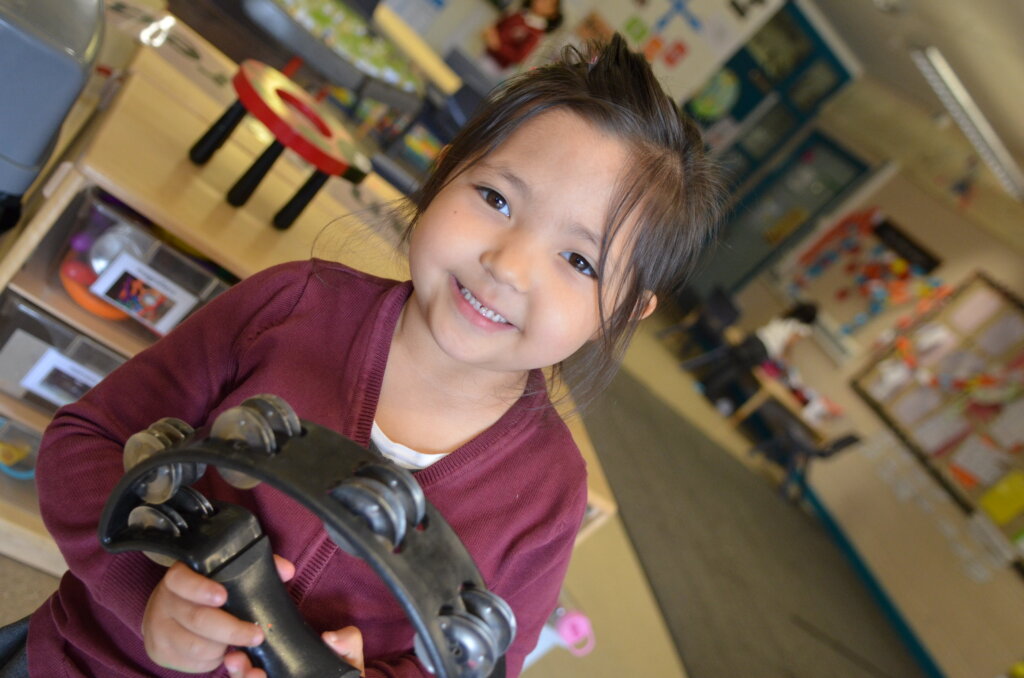
Explore the benefits of Music Therapy for pupils with a wide range of social, emotional and mental health needs.
The Transformative Power of Dramatherapy in Schools

This blog explains how dramatherapy can support children and young people with social, emotional and mental health needs, giving them the resilience and coping strategies to access education.
The Power of Nursery Rhymes in Creative Arts Therapy

Discover how nursery rhymes serve as a powerful tool in creative arts therapy, through which people of all ages can work through trauma, emotional challenges, or developmental struggles.
Anti-Bullying Week 2024
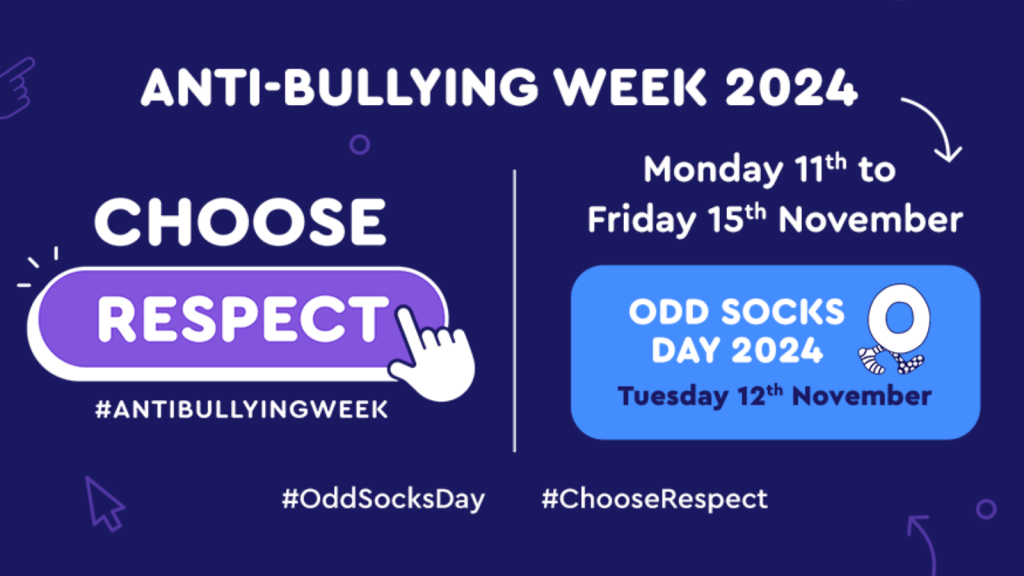
Anti-Bullying Week is a chance to raise awareness about the harms of bullying. In this blog, we explore the underlying factors that lead to bullying and explore how we can effectively combat bullying in school with Creative Arts Therapies.







